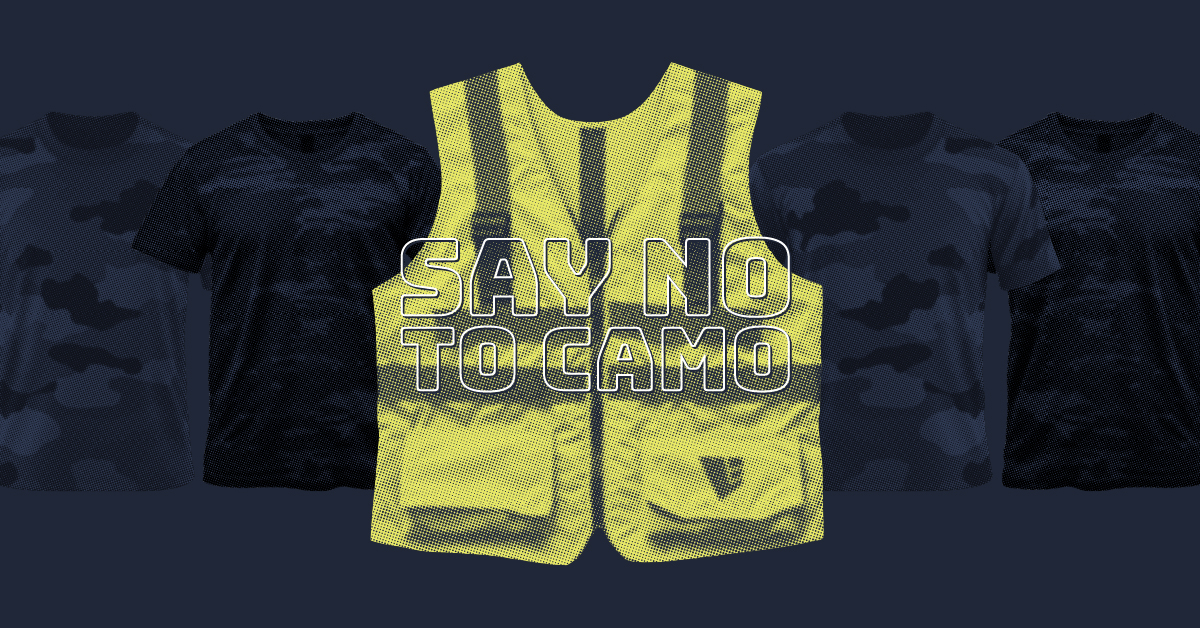Have you ever wondered how to get writing inspiration? They say the best copywriters are voracious readers, which makes sense. The more you read, the more you instinctively understand what works and what doesn’t for a variety of audiences and topics. This goes for all writers, including copywriters, journalists, PR professionals, poets, authors and everything in between.
Think Edgar Allen Poe sat on his duff, watching TV in his free time? Heck no! He was wooing his cousin, destroying his liver and READING. I mean, “The Raven” takes place in a LIBRARY, for crying out loud. The dude liked books.
Whether it’s an ad, a brochure or blog post, the copywriters at Lessing-Flynn want to write something that’s worth reading! So, where do we find our inspiration?
Long-format literature
Long-format literature is a great teacher of story development, pacing and language nuances. Romance novels, suspense thrillers, fantasy adventures, historic fiction, true crime… pretty much anything not written by Nicholas Sparks. And you can tell him I said that.
Not only do I read books, I listen to audiobooks every chance I get, often consuming two or three at a time. And there are a few books that have really stuck with me.
The same is true for Jeff Caldwell, content marketing manager at Lessing-Flynn: “I read ‘On Writing: A Memoir of the Craft‘ by Stephen King a long time ago,” Caldwell said, “and it really changed the way I approach client projects.
King never writes in a linear fashion; he establishes the conflict early on then builds the characters and story around that.
“While most articles I write lend themselves to a traditional storytelling arc, I find that mixing it up adds interest and makes the article stand out in industry publications.”
Non sequitur: That whole self-imposed rule about finishing a novel no matter how bad it is (ahem, The Notebook)? Forget it. There are just too many amazing books in the world to waste your time reading one that doesn’t pork your chops.
Short-format literature
Short-format literature is great for a quick break from intense copywriting escapades — blogs, news sources and aggregate sites offer up tons of entertaining subjects and writing methods. Not all of them are appropriate for work (don’t tell Tom and Jess), but they are great for experiencing lots of clever writing styles and pulling in writing inspiration. Here are some of my favorites:
-
- The Onion — aggressive satire that’s timely, relevant and funny
- McSweeney’s Internet Tendency — random essays that poke fun at life’s little foibles
- Post Secret — poignant one-liners that are as flawed as the people who write them
- Ask a Manager — pragmatic advice for all things work-related
- Buzzfeed — irresistible pop culture lists and articles that are clickbait gold
“The shorter the better,” said Rachel Wallace, content marketing specialist at Lessing-Flynn.
“I like quick-hit articles, especially when it comes to social media and content ideas. Mostly because I don’t want someone else’s idea to weave into my own. Our clients deserve originality.”
Additional resources for writing inspiration
Everything else may seem too broad a category for inspiration, but it’s not! Whether it’s a cereal box, takeout menu, playbill — doesn’t matter. I tend to pick up whatever piece of print is laying around and skim the content. Some pieces are really well done, and some are just terrible. Either way, I always learn something I can apply to client work. If I’m feeling particularly superior, I’ll grab a red pen and mark up the errors. These are some of the best ways to find writing inspiration.
Joe Winn, creative director at Lessing-Flynn, also derives insight from unexpected places: “I have a particular fondness for the spoken word — a penchant, if you will,” said Winn.
“Reading the transcript of a monumental speech affects me deeply… I can feel the cadence on a very visceral, very primeval level. Not only am I inspired by profound orators throughout history, like the inimitable FDR, JFK and MLK — but also by contemporary figures, like Mr. Wonderful from Shark Tank.”
Reading about diverse topics from a variety of perspectives helps expand your vocabulary, strengthen your grammar and develop your own unique style. I read anything and everything that piques my interest because it helps define my voice and makes me a better storyteller! And that’s what successful marketing is all about.
LF Newsletter Alert
Want Lessing-Flynn to rock the socks off your inbox with insights and more?




